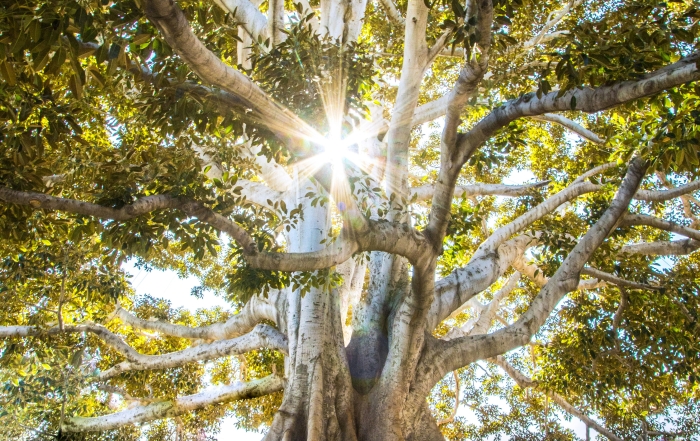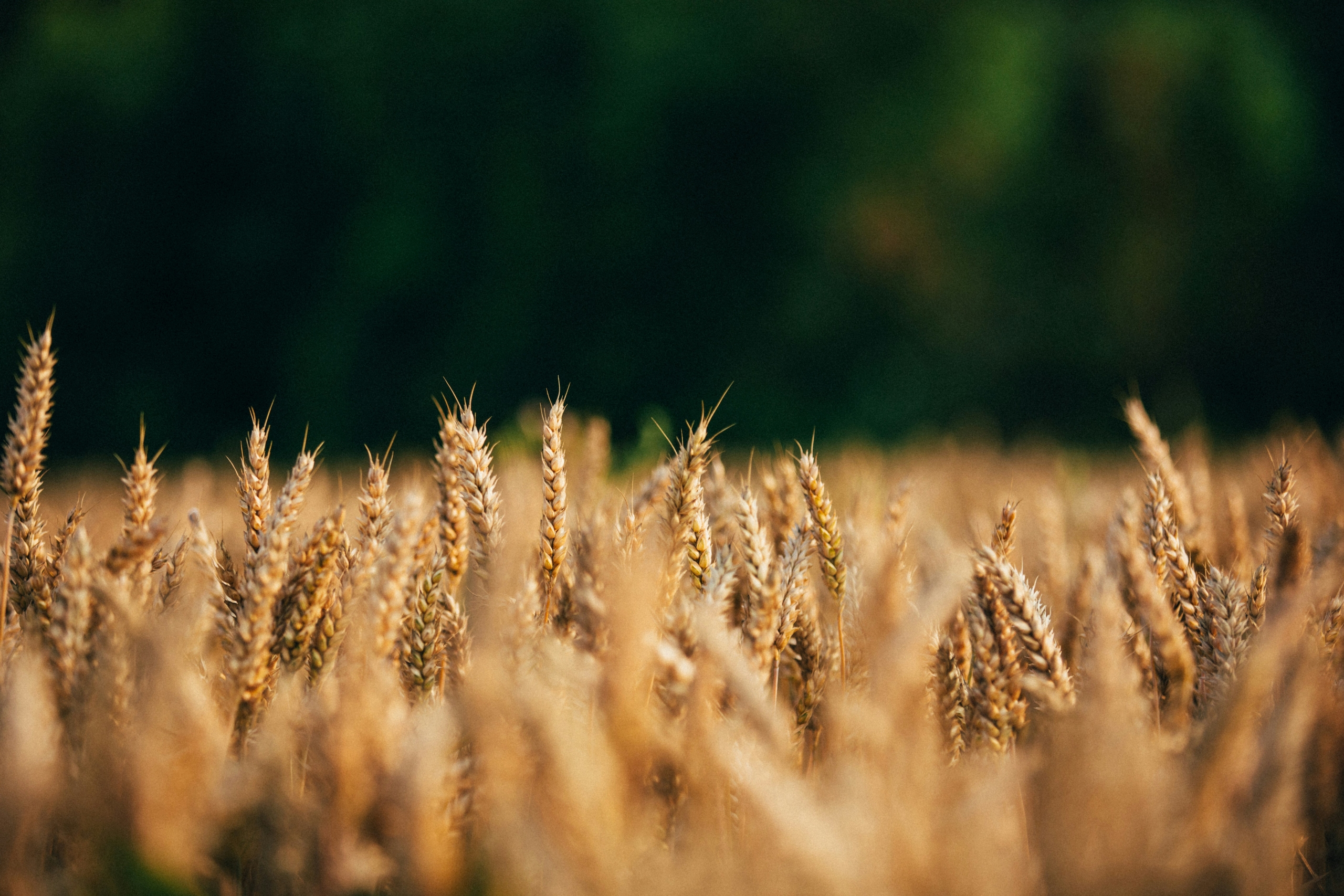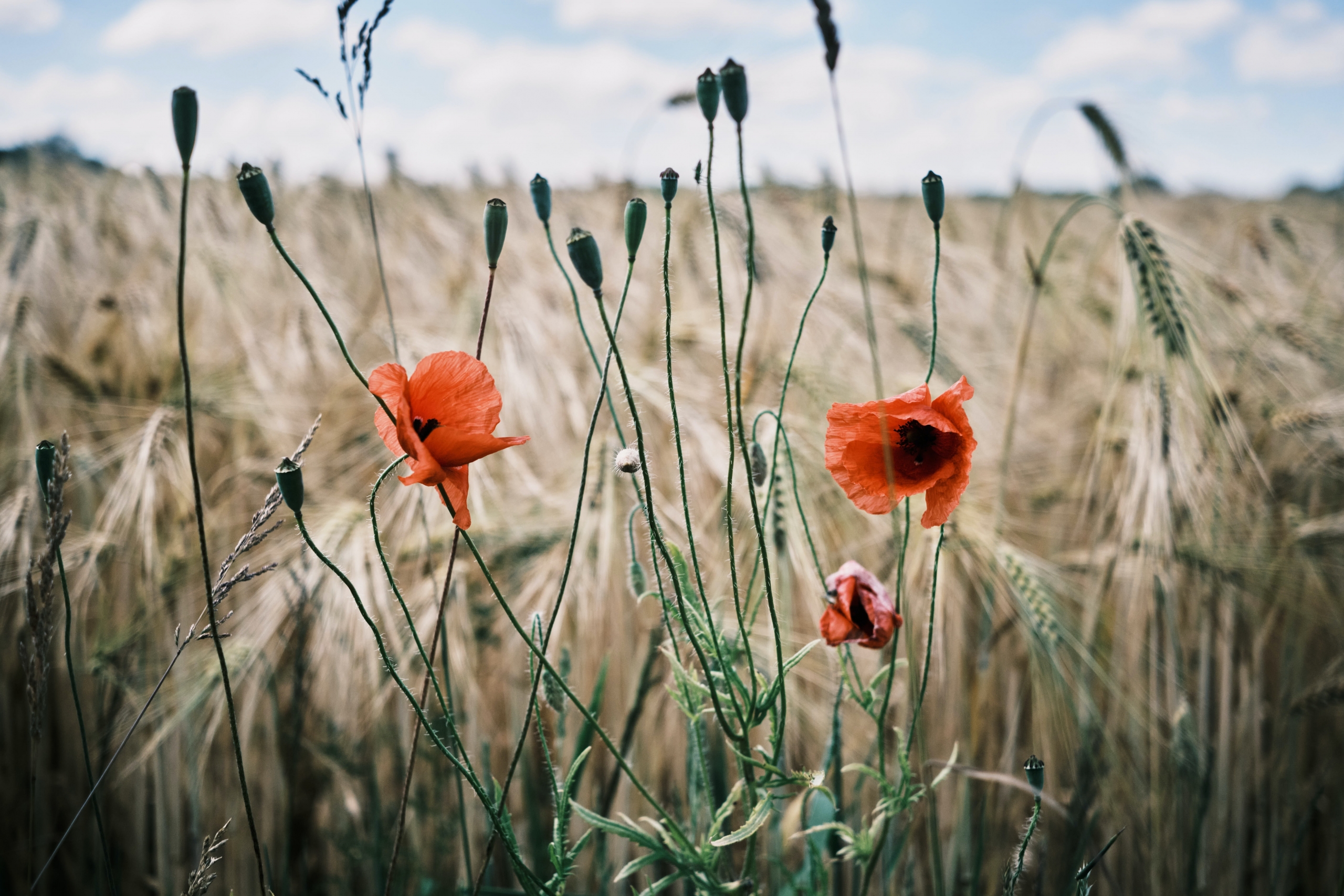The gospel of John presents Peter as having an intense dilemma between his own darkness and light, his doubts and confession. This character represents us in our lives of faith as we always have this dilemma and conflict within ourselves. Jesus renames Simon as Cephas, which is translated in Greek to “petros”, as Peter, meaning rock and stone (John 1:42).
Peter was one of the elite disciples. When Jesus had to take only 3 disciples to special places like the Garden of Gethsemane, Peter was always present. He was expected to believe in Jesus the most and to have great faith. However, Simon’s faith was not like a rock at all, it was unstable and full of doubts. Even when he makes a good confession of his faith, there is always a dilemma. The gospel of John seems to focus on the character Peter and his struggles. The entire gospel is about us coming to believe in Jesus as Christ. That process is shown through Peter’s example of how he came to finally believe in Jesus. We will look at 3 major events presented by Apostle John, about Peter’s walk with Jesus.
Event 1: Peter’s confession (John 6:68)
Jesus fed 5000 with 5 barley loaves and 2 fish. Thereafter, people wanted to make Jesus king but Jesus fled from them. Later Jesus returned and spoke about the bread of life from heaven, “I am the bread that comes down from heaven. Since I am the bread from heaven, you need to eat My flesh and drink My blood, or you have nothing to do with eternal life and heaven.” This unexpected turn in Jesus’ teaching, caused most of the disciples to depart from Jesus. Only 12 disciples left.
But when Jesus asked the remaining 12, will you also leave too? Peter’s answer was in John 6:68-69, “Lord, to whom shall we go? You have the words of eternal life”. This is an amazing confession of faith. Everyone left, only Peter understood Him correctly. In this event, bread became the trigger for Peter to believe in Jesus. He came to understand the significance of bread (manna).
(i) Bread (manna) represented Jesus who came down in the flesh
When the people complained and grumbled about dying in the wilderness, God answered and said, “Tomorrow I will bring down bread from heaven to you”. Heaven is a spiritual place. It is not a physical place in a galaxy, but it is a spiritual realm. From the spiritual realm, manna came down in a physical form for people to eat. God in Spirit too came down in physical form and walked amongst people. Likewise when Jesus was received by people, those people will receive life too (John 3:32-35, 49-58). Those who eat this bread correctly will come into a relationship as between Father and son. Receiving the bread and understanding who Jesus is, is to receive life.
(ii) Bread (manna) represented the Word of God
When we eat the bread that God gave us, we come to realise this is the Word of eternal life. We realise that Jesus is God Himself, He is the Messiah whom we are waiting for. The people started to keep Sabbath again after eating that bread. That bread will lead us to God’s rest. In John, Jesus fed 5000 through 5 loaves and 2 fish. Similar stories are repeated in Matthew, Mark and Luke. Amongst the 4 gospels, there are in total 6 narratives, twice in Matthew, twice in Mark, one in Luke and one in John. Most of these narratives use these 4 eucharistic words about Jesus breaking bread:
- Jesus took the bread
- Jesus blessed the bread
- Jesus broke the bread
- Jesus gave the bread
This is the process through which Jesus gave His body to us. When that bread is broken, people come to understand. Through this time of Lent, as we remember, read and study about Jesus’ crucifixion, may He be made known to us as His body is broken.
The problem in the wilderness is that people took it merely for the purpose of satisfying their physical hunger. When they saw manna coming down, they should have said “This is God’s grace, mercy, gift from heaven!” but instead the Israelites said “What is this??!!”. Jesus said in John 6:26, you followed Me not because you saw signs but because you are filled in your stomachs. That is why the Israelites in the wilderness still died after eating this bread. May you and I receive this bread correctly. May we be motivated to serve Him for the right reasons, so that we may receive eternal life.
Event 2: Peter’s denial of the Lord (John 18:15ff)
Now Jesus was dying and there was no way out. So Peter stayed a distance away in the courtyard, by the fire to keep warm. A little servant girl recognized Peter as Jesus’ disciple. Now Peter, being struck by fear and horror, confused about Jesus, is unsure which way to go. Peter denied Jesus “I don’t know Him.” All these great things Peter said in the past, but his faith has not yet caught up with his words. Peter was able to see the reality of his poor faith. It is the same for us today, we start doubting at one little trouble.
Event 3: Peter’s restoration (John 21)
After denying Jesus 3 times, just as Jesus said, Peter spiralled down into darkness, disappointed about himself. But he did not stay in darkness like Judas Iscariot, Jesus came to find Peter. Peter and other disciples went back to fishing, back to their old lives after Jesus’ resurrection. Jesus came to find them, told them to cast the net on the right side and caught 153 fish. After eating the fish and bread, Jesus asked Peter, “Peter do you love Me?”. In the gospel of John, the word “love” is closely related to faith. This love is considered a key term for salvation. It describes the relationship between Father and son in John 15. When we get into that love, we are entering the relationship of Father and son.
Jesus asked Peter twice, “Do you agape (unconditionally love) Me?”. Peter replied twice, “Jesus, I phileo (friendship love) You”. Finally Jesus asked Peter, “Do you phileo love Me?”. Peter was grieved and replied, “I phileo love You”. At this time, Peter saw his bad faith, and although he was grieved he cannot agape love Jesus back. That is when Jesus said “Tend My sheep”. This is the sheep that Jesus died on the cross for, which means Peter now qualifies. That is when Jesus said to follow Him. This is true discipleship, to love Jesus, love each other, tend and feed His sheep, follow Him. Peter’s love was real this time.
May we eat this bread that Jesus is giving us today. Mankind fell because they ate the wrong thing. Jesus came to give us the right food. May we eat this bread and come to know Him and understand Him, and come into this love relationship between Father and son. May our faith and our love be restored like Peter’s. We need to make choices that we will not regret in the end when time runs out. The truth is we don’t have that many years left. Jesus gave Peter another chance, and He is giving us another chance today too.
AMEN.





